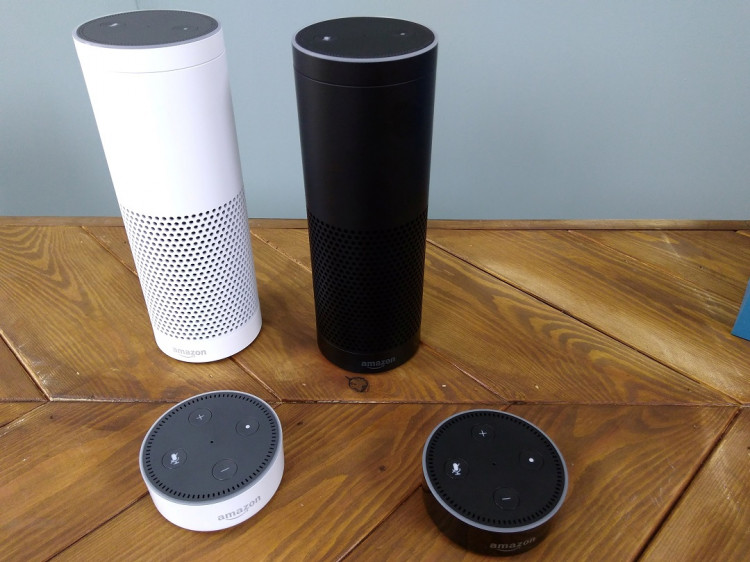Amazon has confirmed that stored data obtained through voice interactions with Alexa and Echo devices aren't always deleted. The same holds true even if a user chooses to delete audio files from their account.
This has come to light after US Senator Chris Coons sent a letter to Amazon asking "how long it kept voice recordings and transcripts, as well as what the data gets used for," which was dated June 28th. The letter has revealed Amazon's privacy practices related to its digital voice assistant.
A CNET investigation published in May also questioned whether Amazon kept text transcripts of voice interactions with Alexa, even after it gets deleted by a user. According to Amazon, not all info or transcripts are indeed removed because it has to hold on to the data and because it has to go great lengths scrubbing information from various parts of its global data storage systems.
A response from Brian Huseman, Amazon's vice president of public policy, indicated that the company is currently in an "ongoing effort to ensure those transcripts do not remain in any of Alexa's other storage systems."
To put it simply, a transcript of your conversation may still be saved somewhere in Amazon storage systems indefinitely. It's also up to Amazon to decide if it wants to hold on to various data, especially if it deems that some feature sets of Alexa would be limited.
Huseman's response also noted that Amazon has to retain certain information such as recurring Alexa requests like alarms. He justified this, saying "customers would not want or expect deletion of the voice recording to delete the underlying data or prevent Alexa from performing the requested task."
Amazon has come under fire in recent months after Bloomberg published an Alexa report in April outlining how the company's thousands of employees, many of whom are from third party companies, have access to both text transcripts and voice recordings of Alexa transactions. The report points out that piecing bits of information from transcripts is enough to know about the personal life of an Alexa user. Amazon's defense is that Alexa needs human annotations and reviews in order to help the voice assistant improve.
The vagueness around how and for how long would Amazon continue to collect and store data is disturbing, and many are still confused as to why it has to do it, despite the explanation given by the company.
For his part, Coons is unimpressed by Amazon's response to his concerns.






